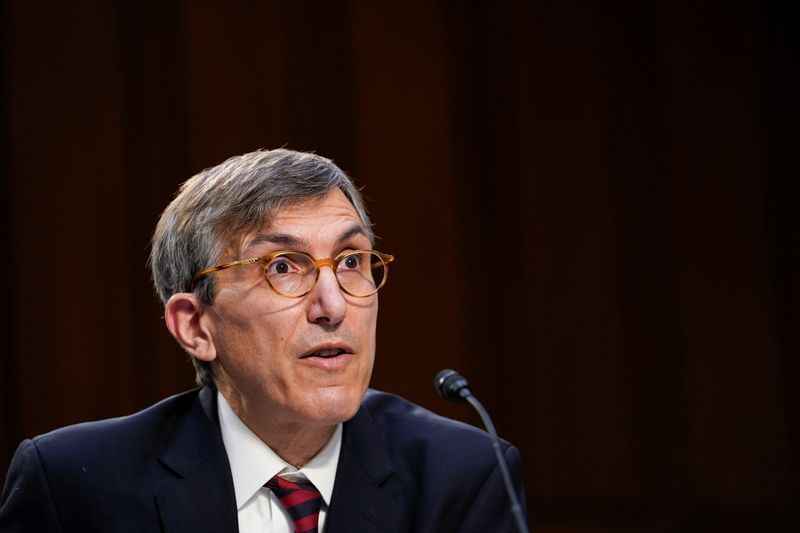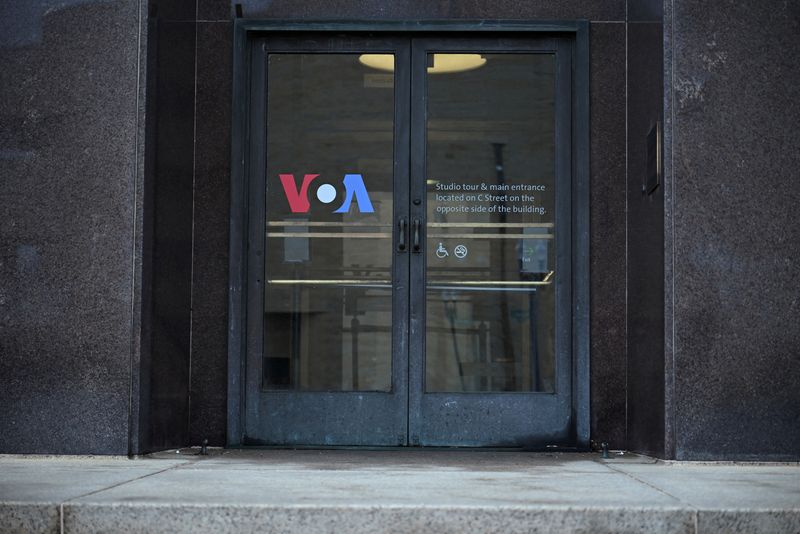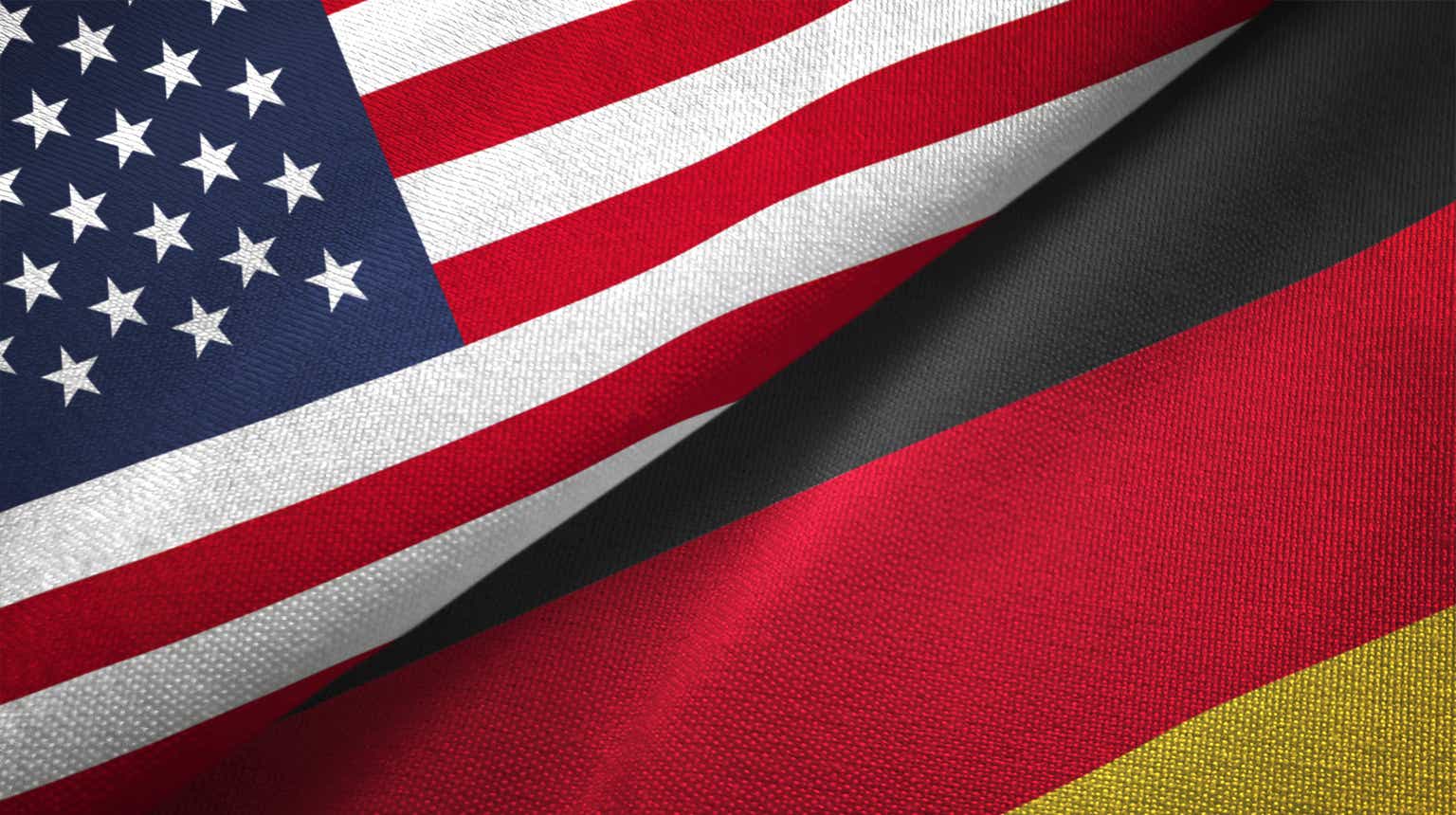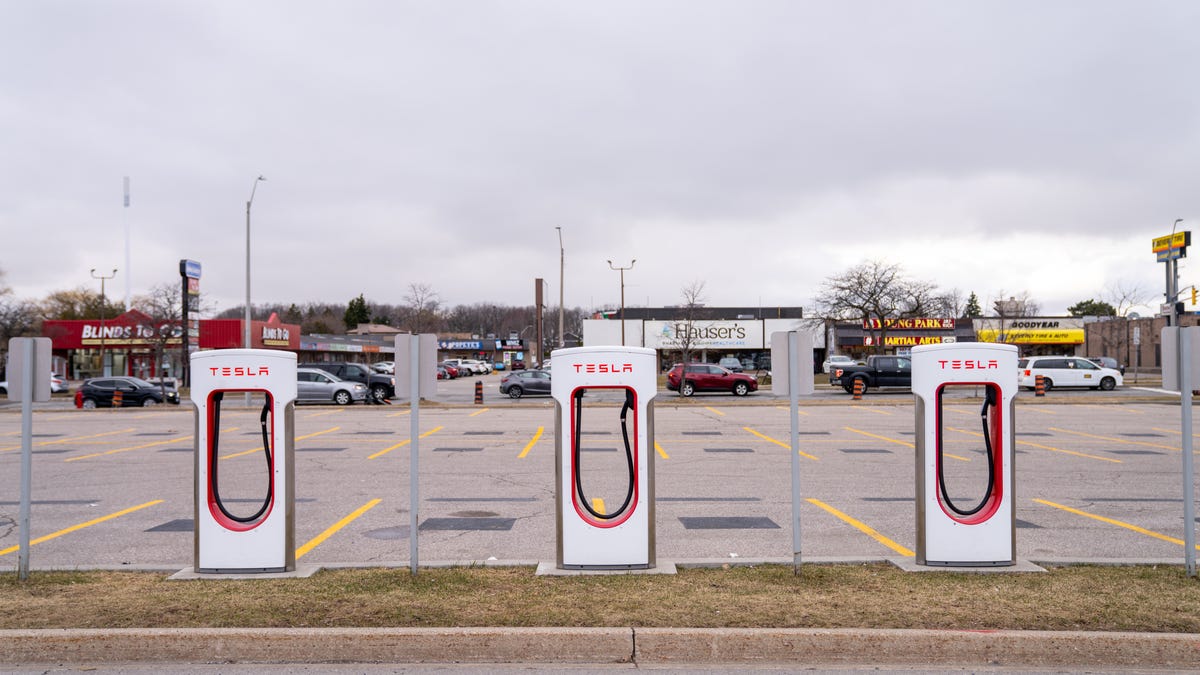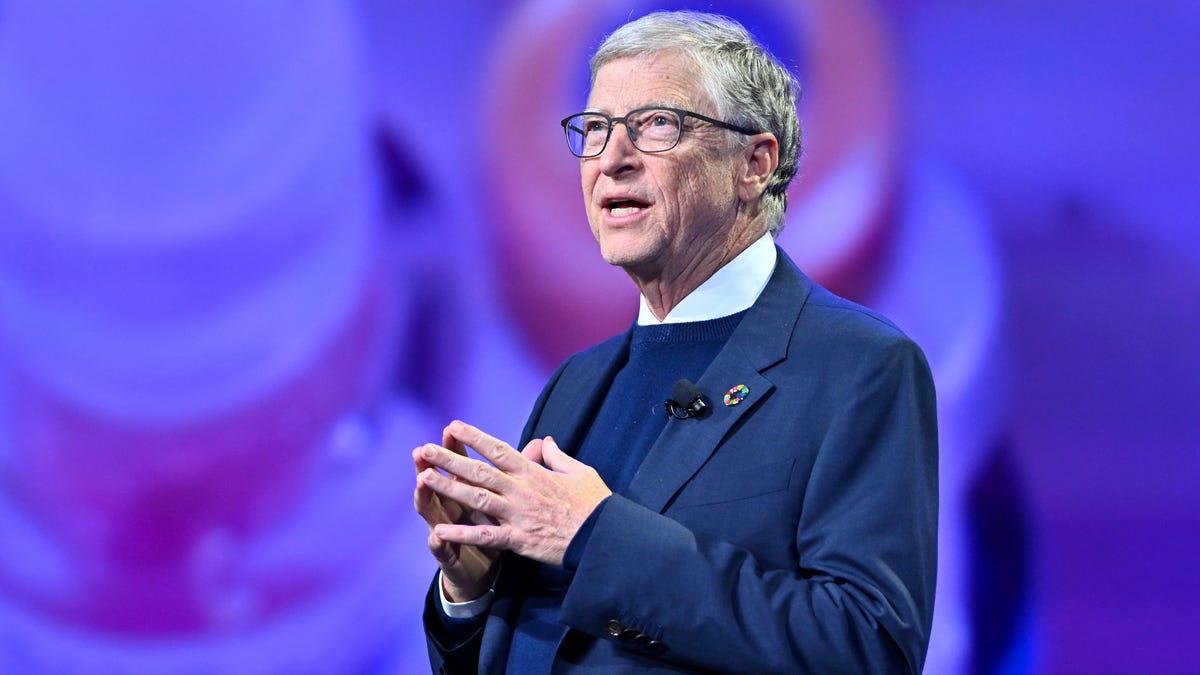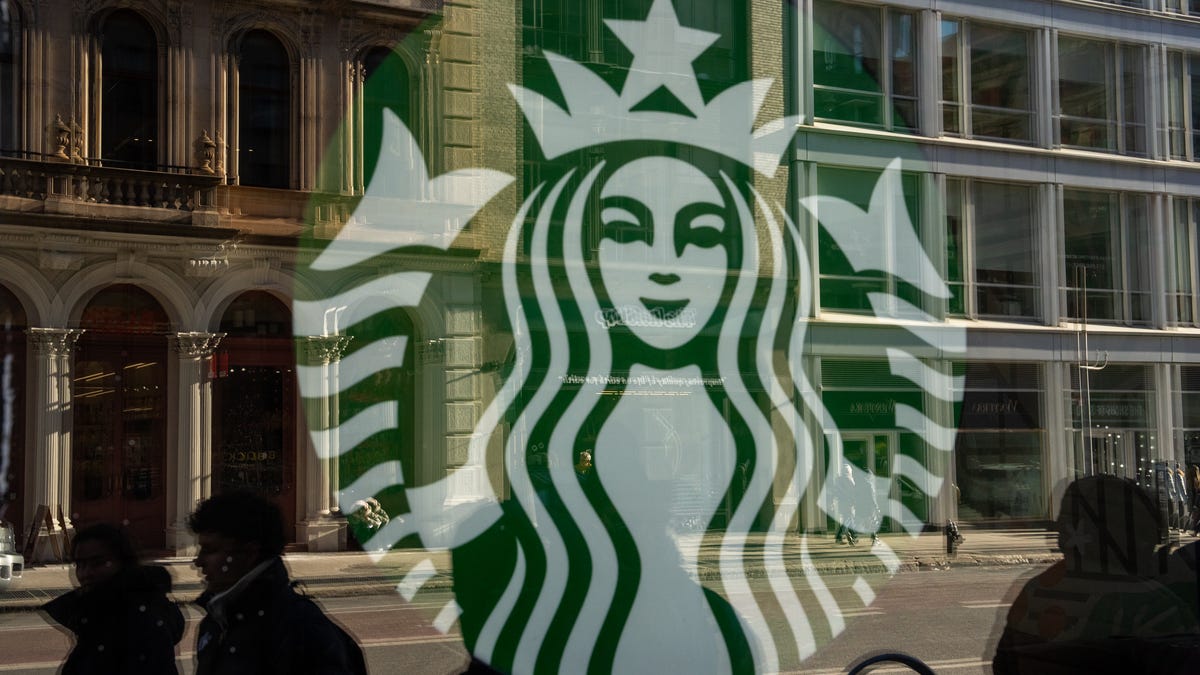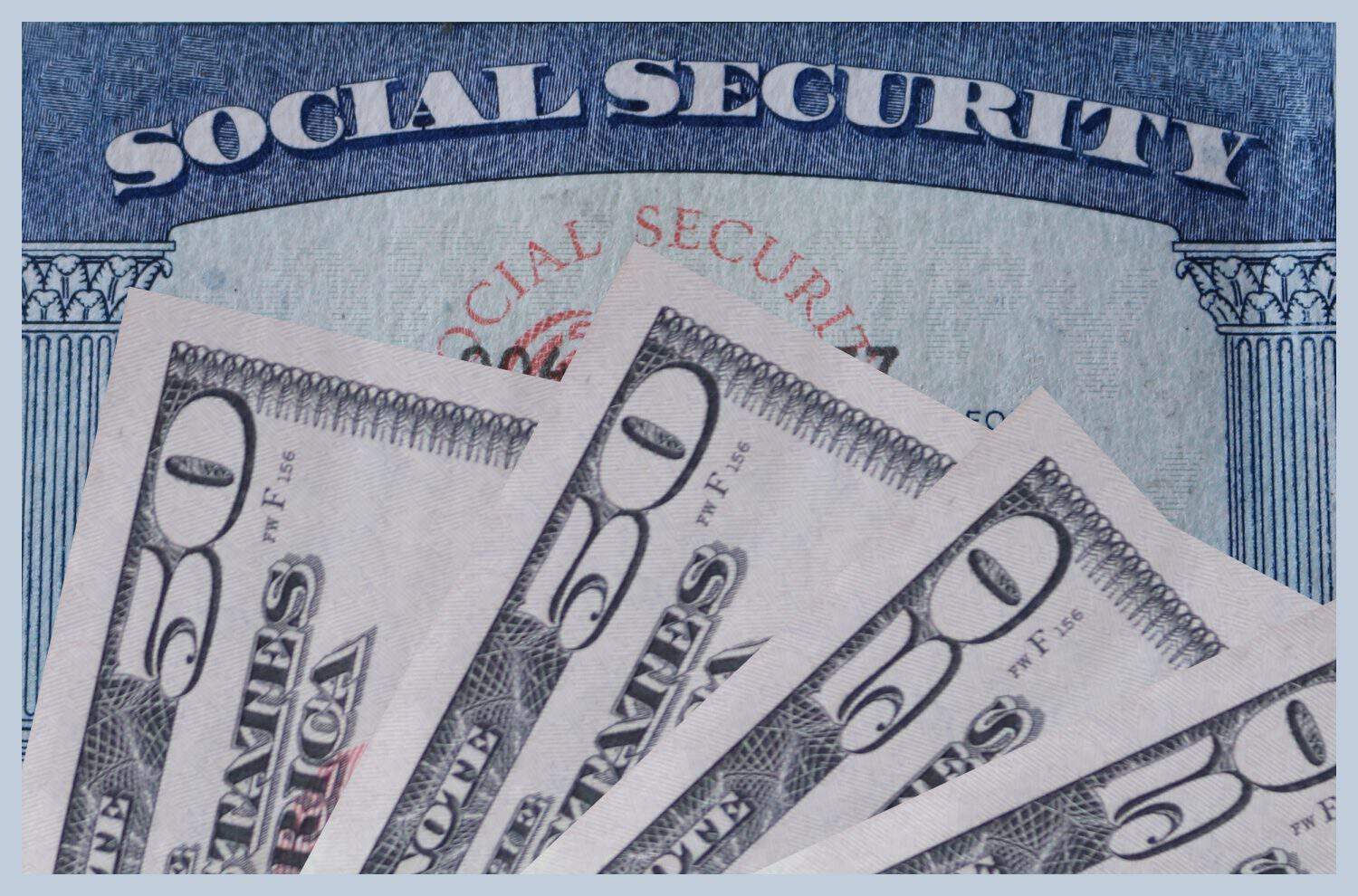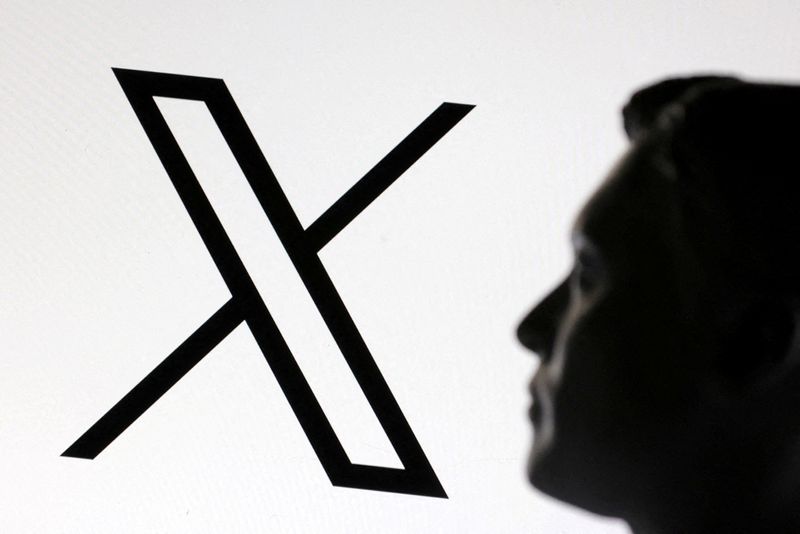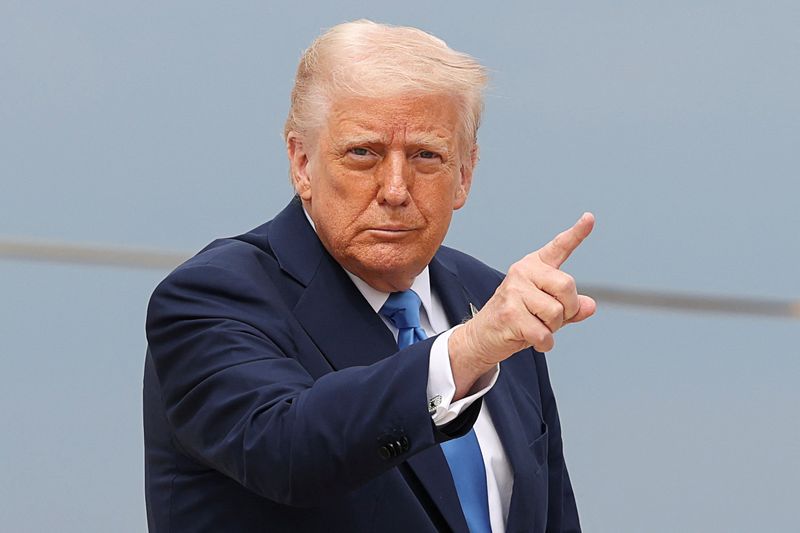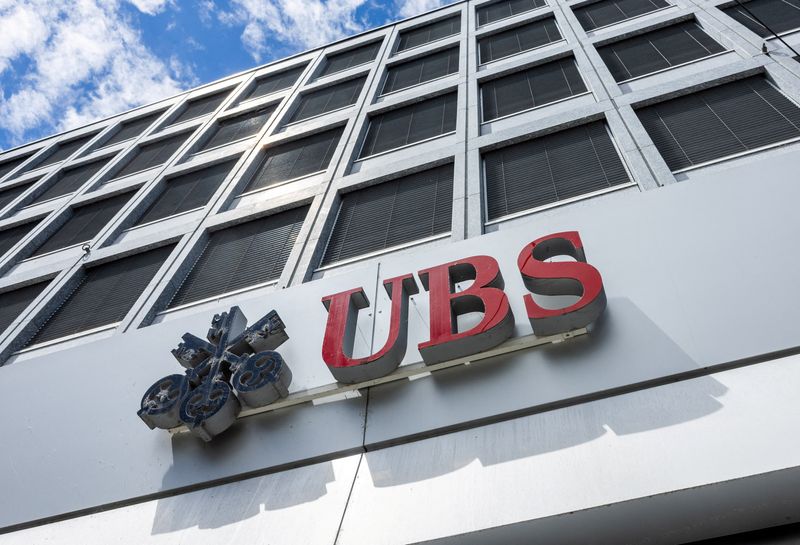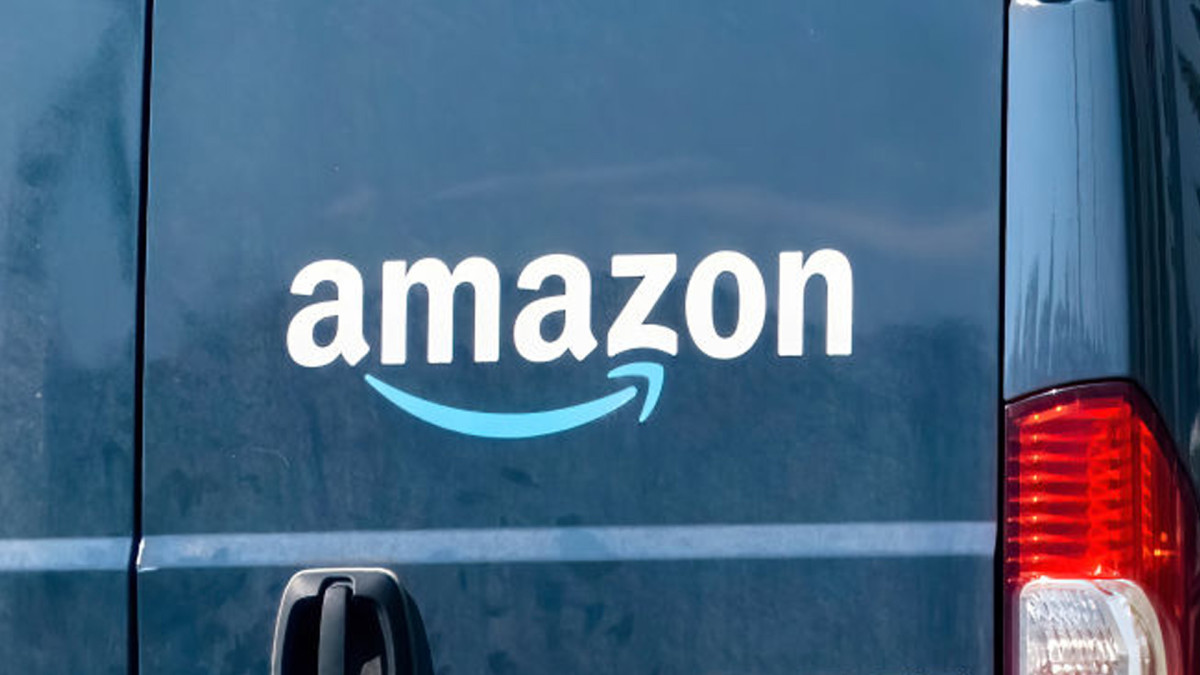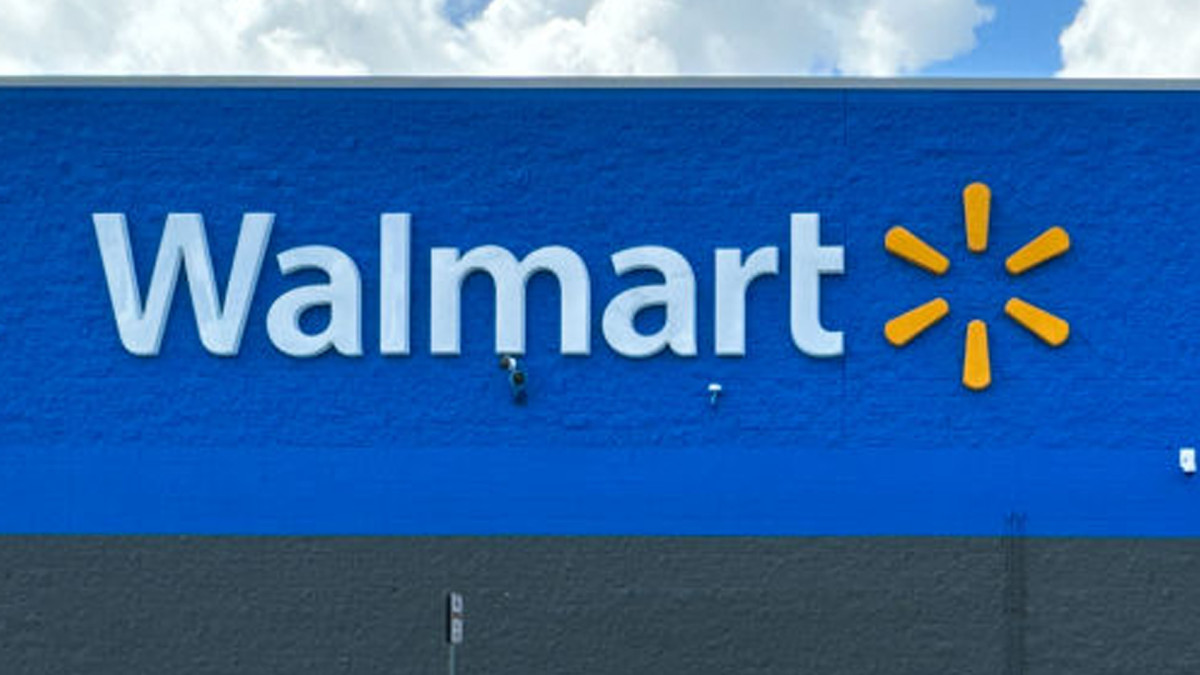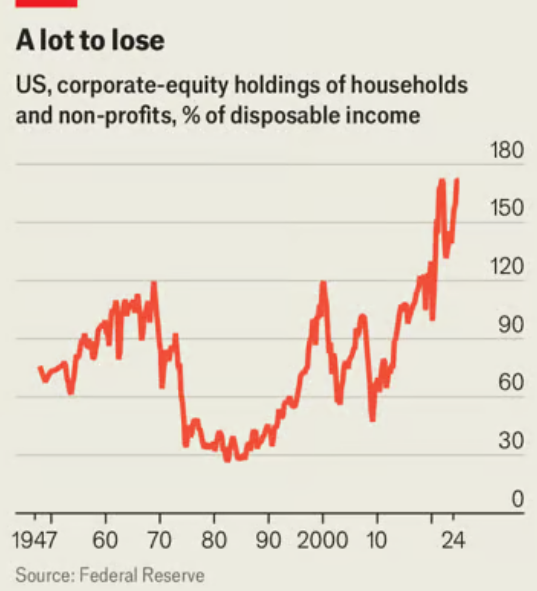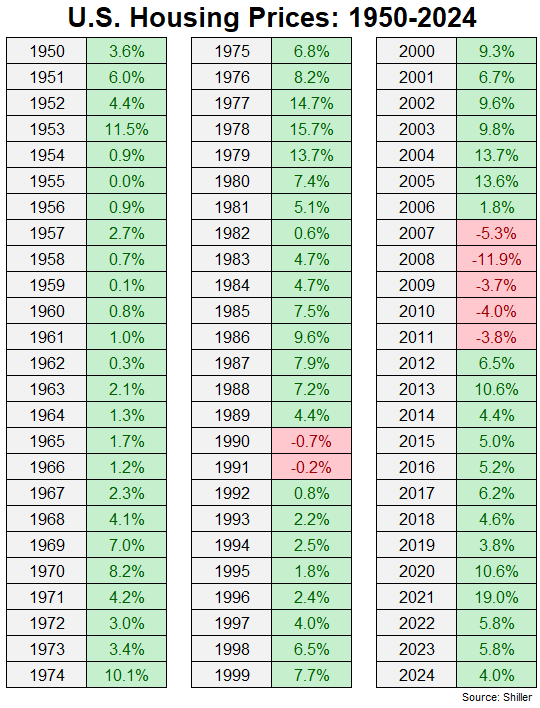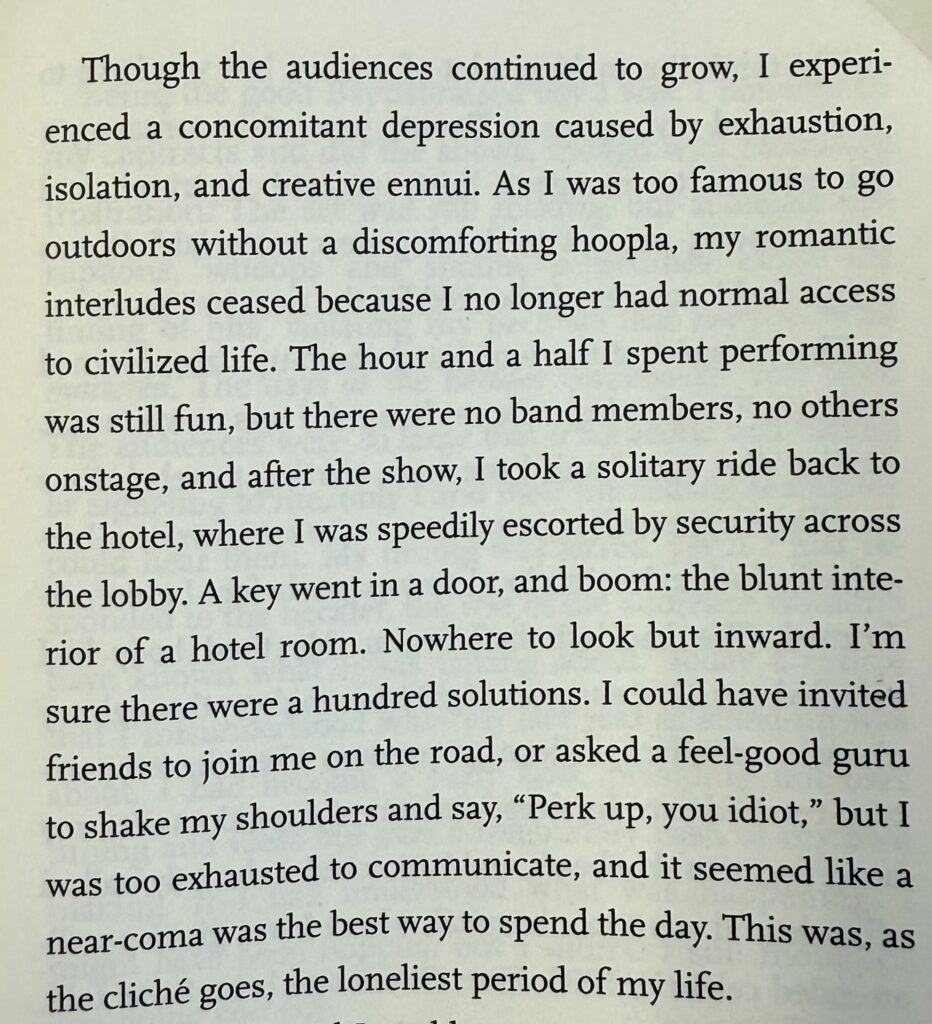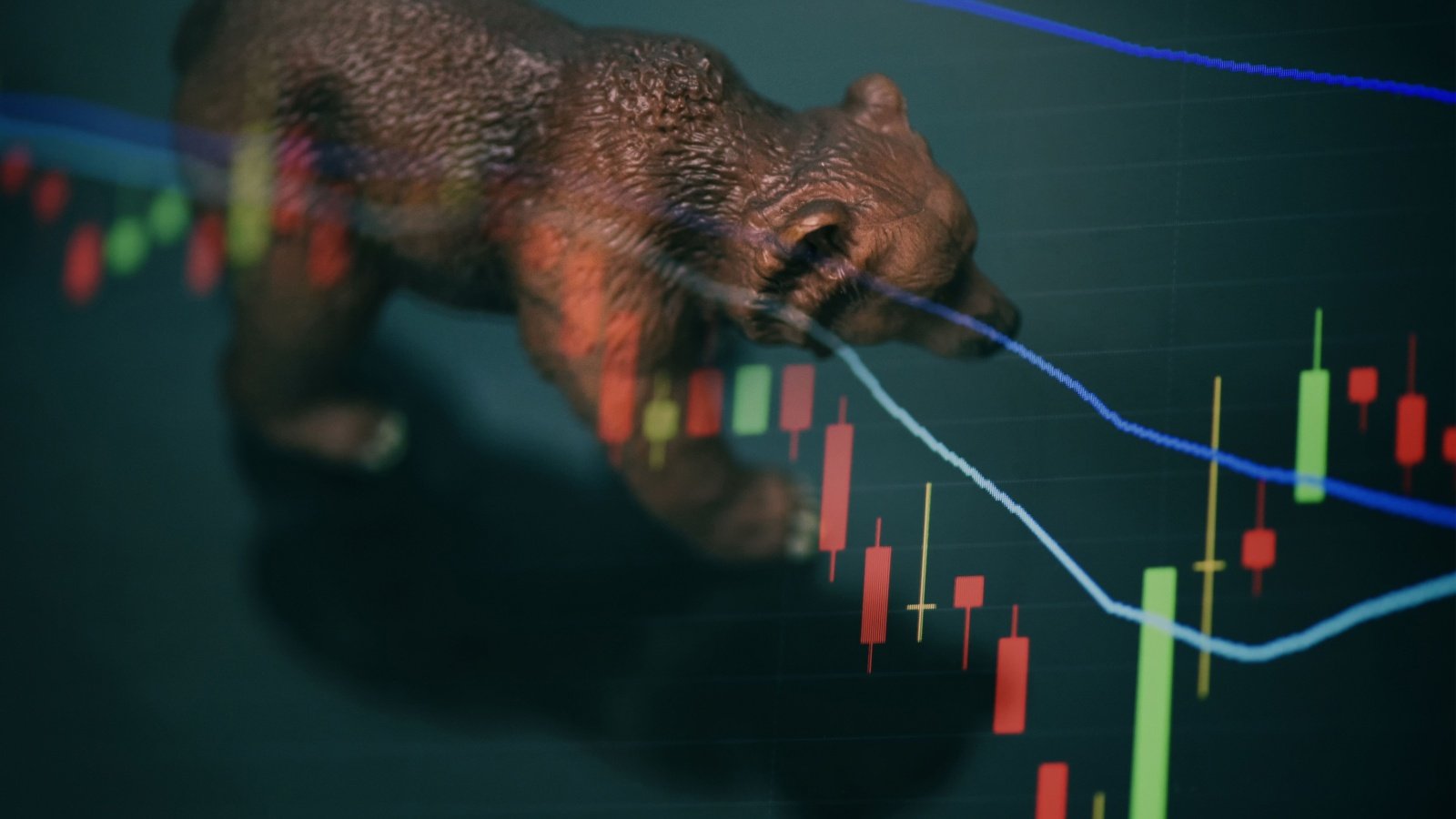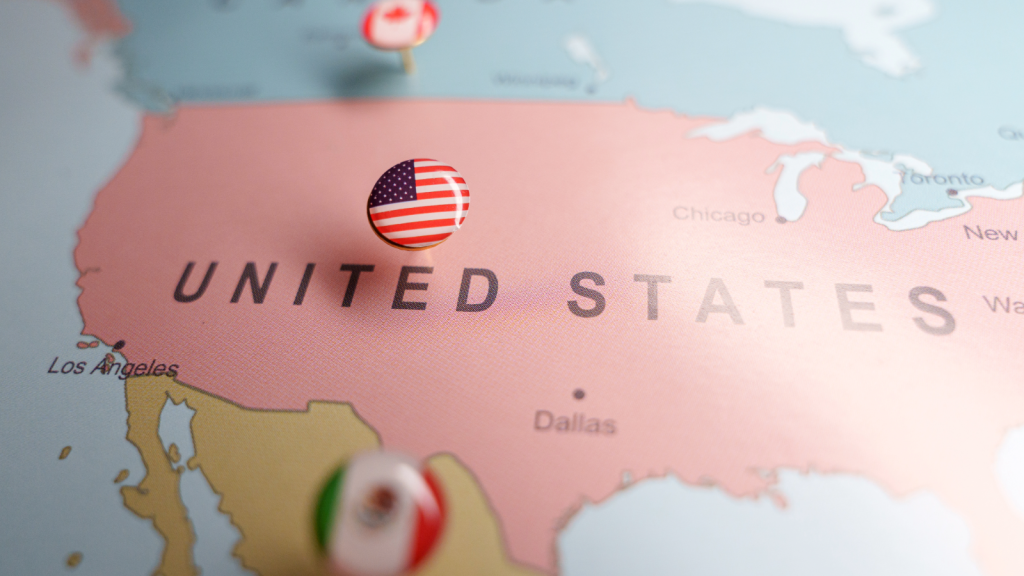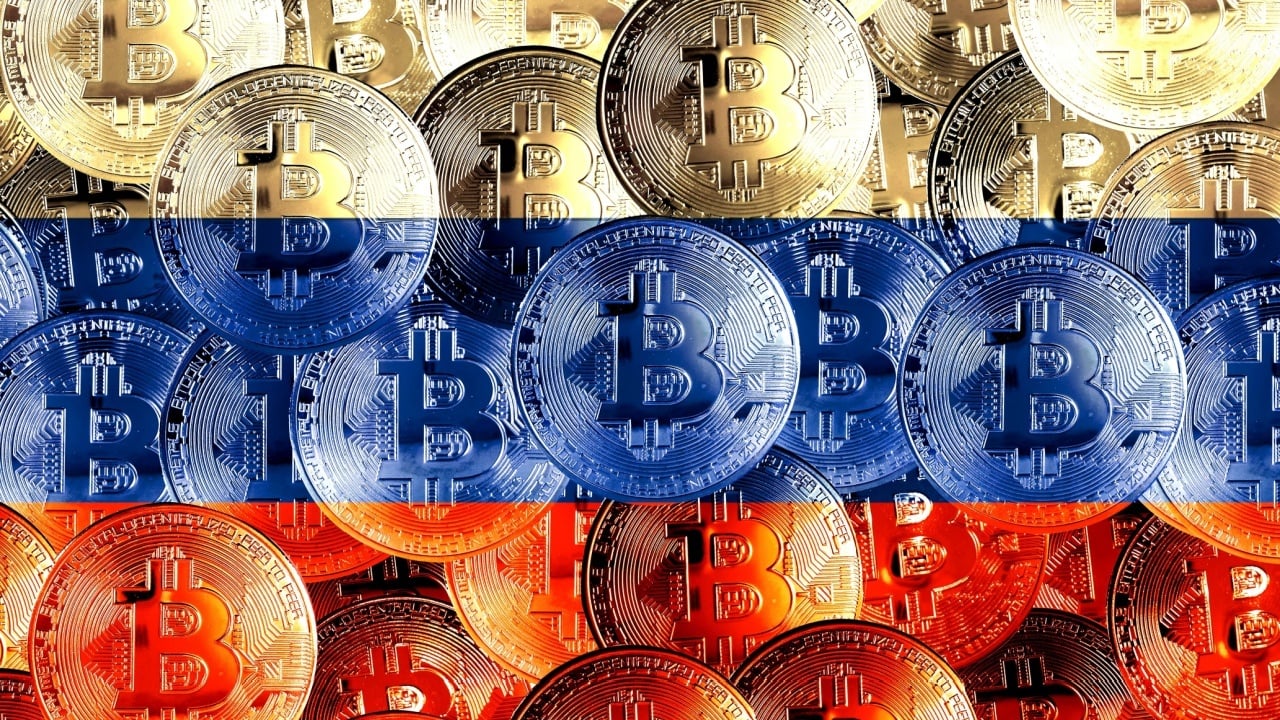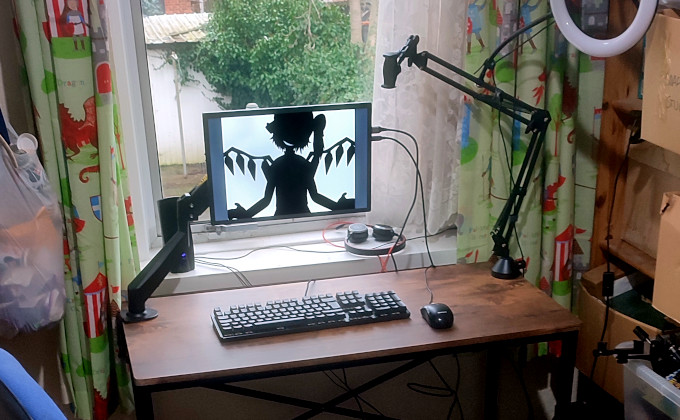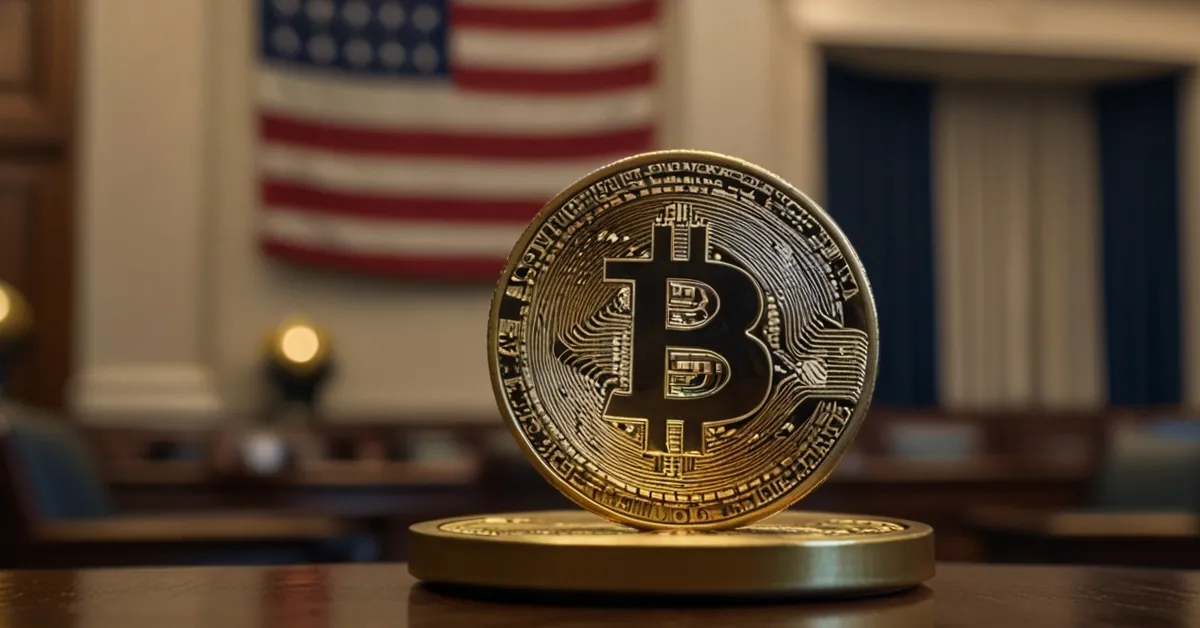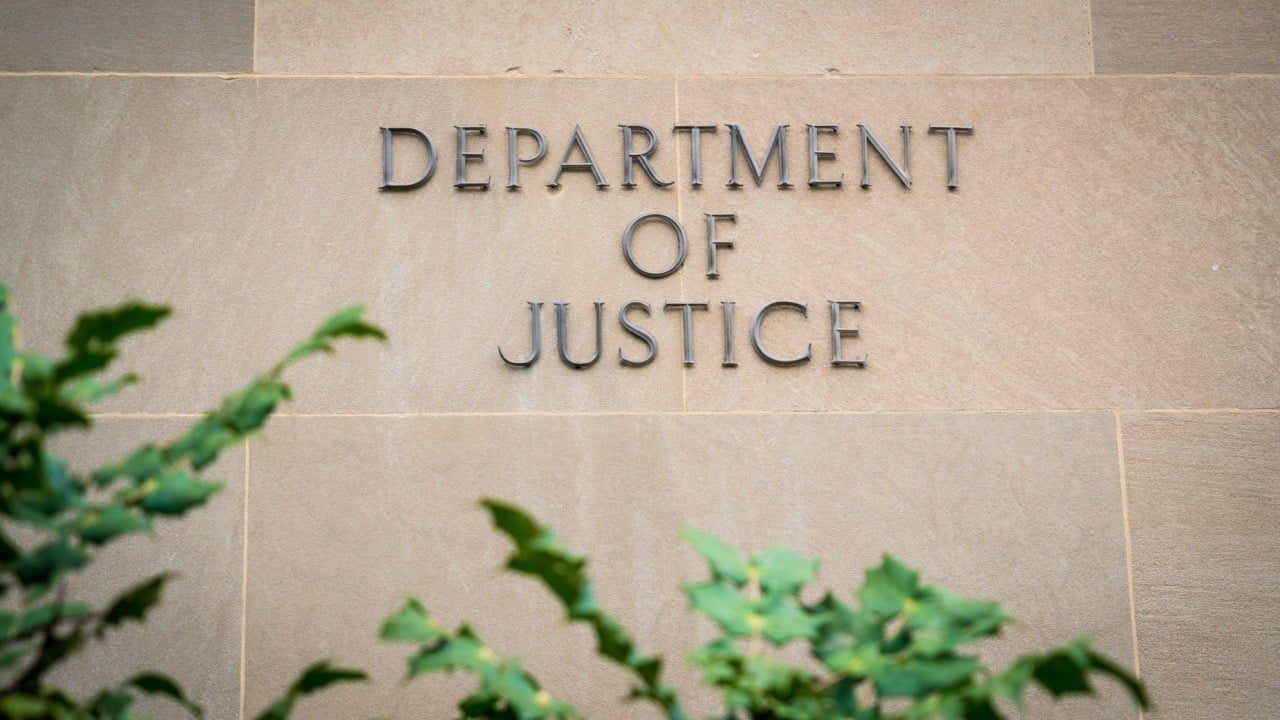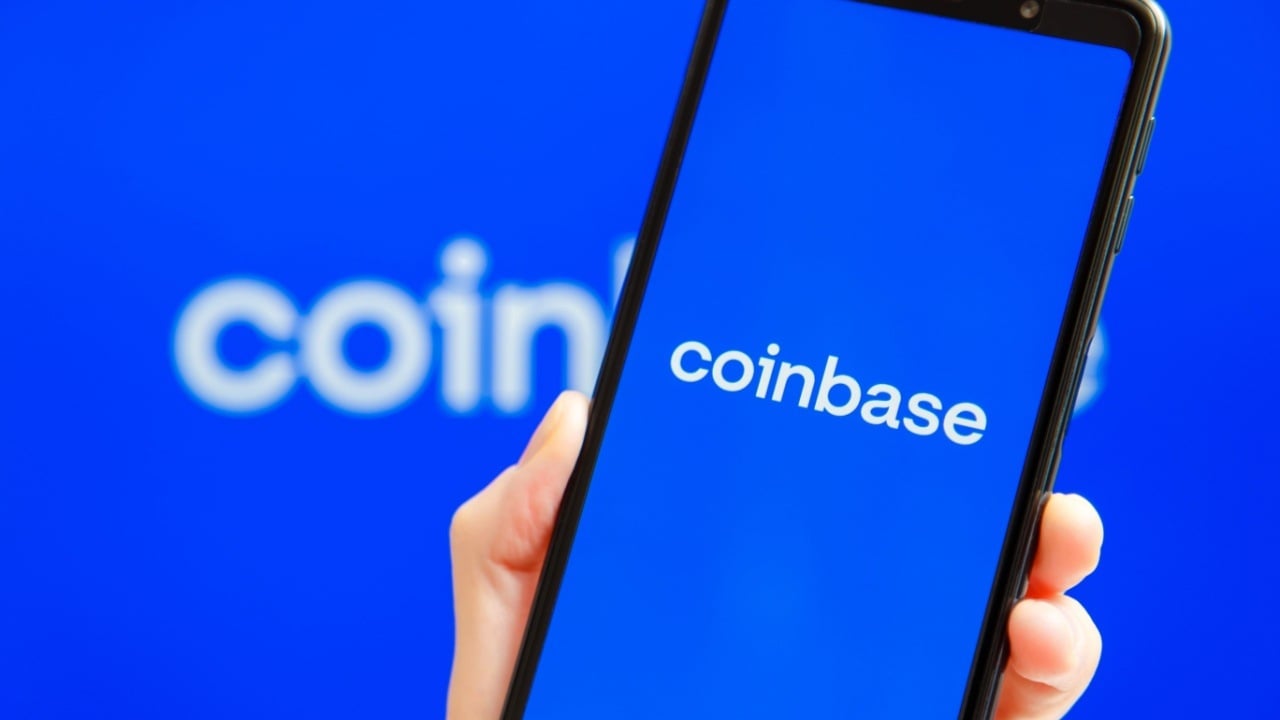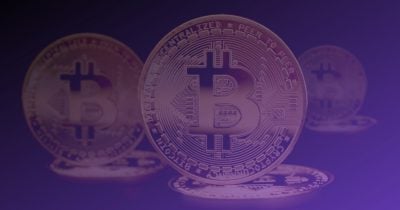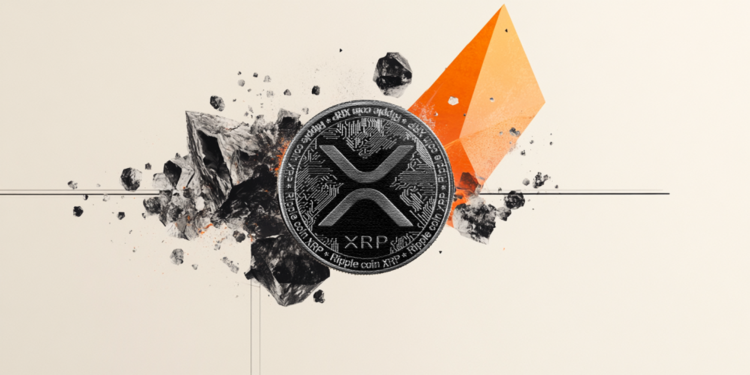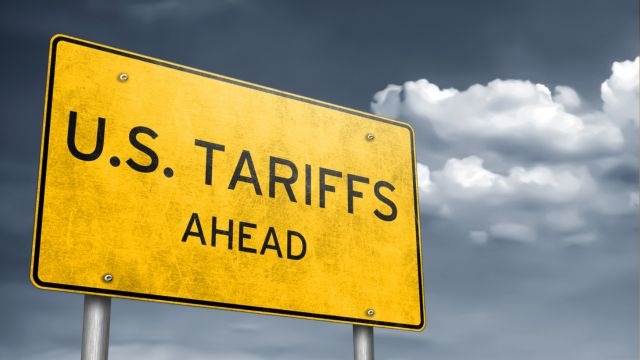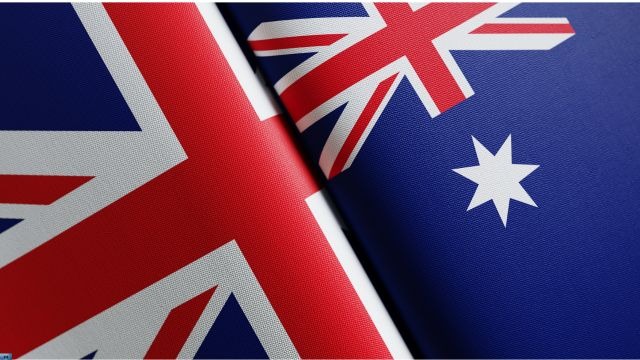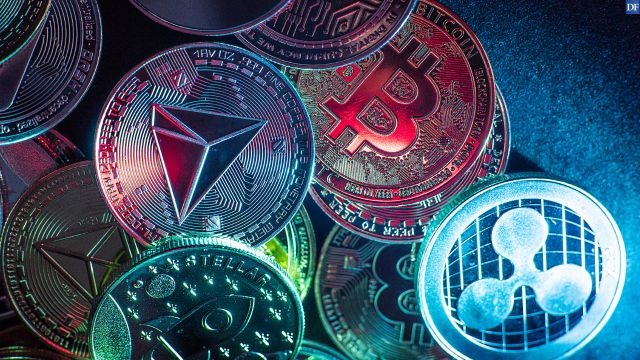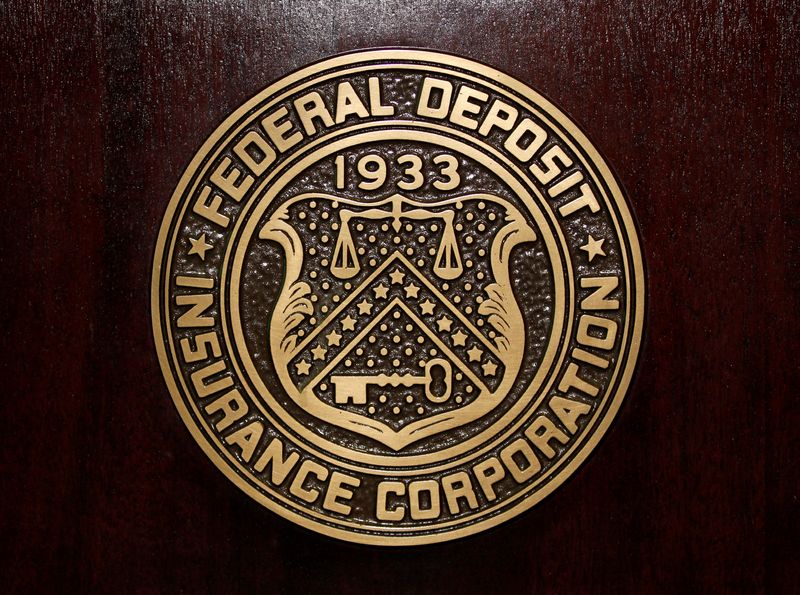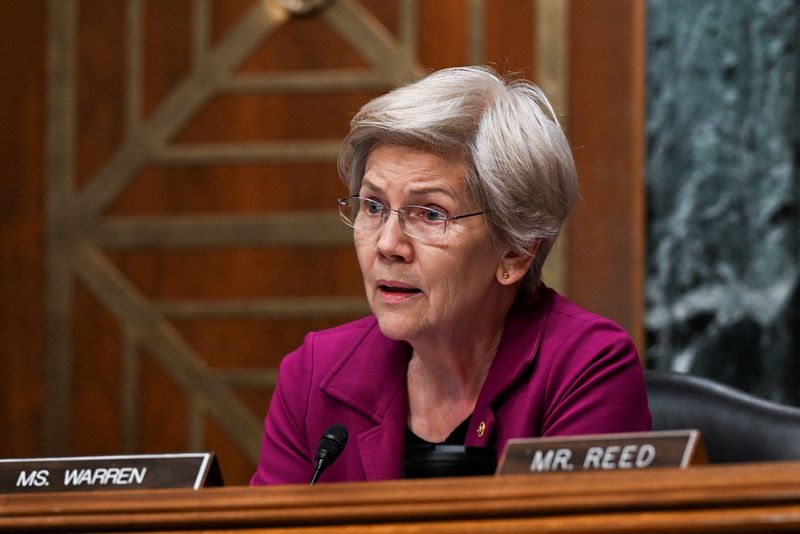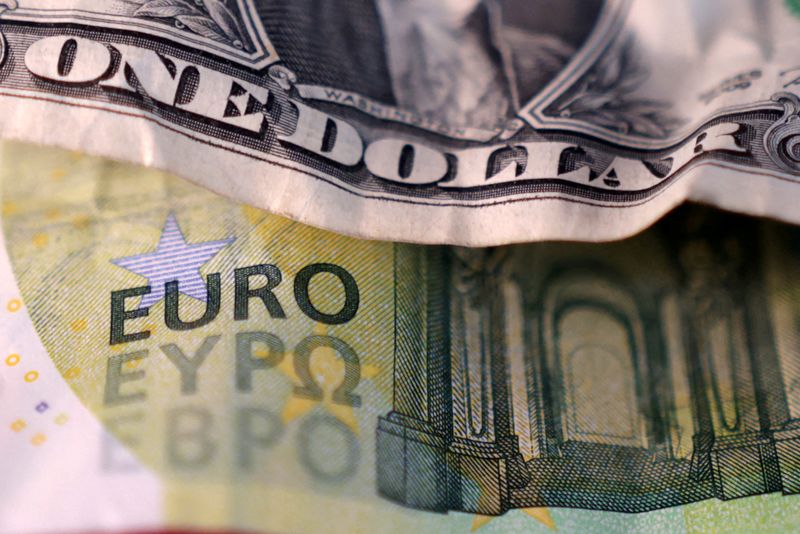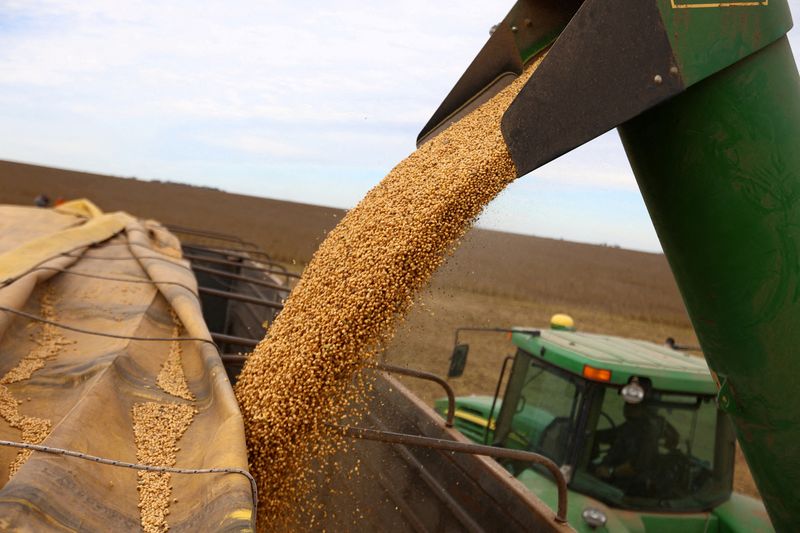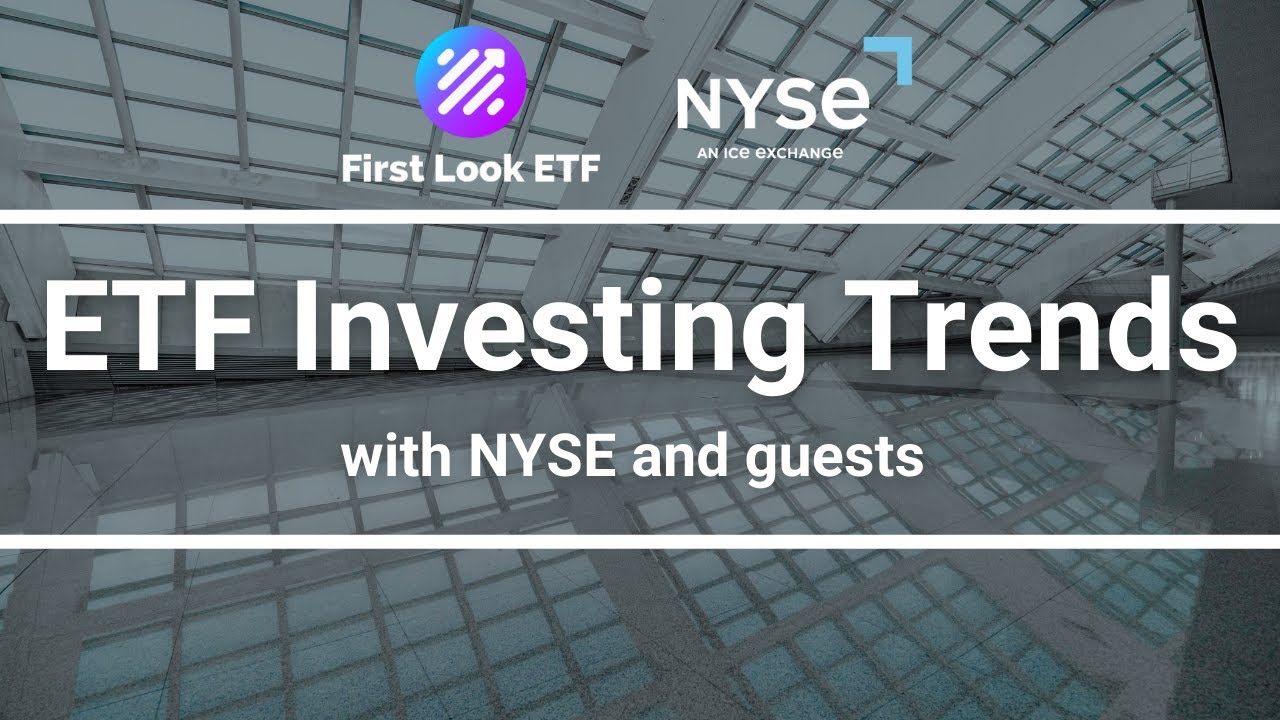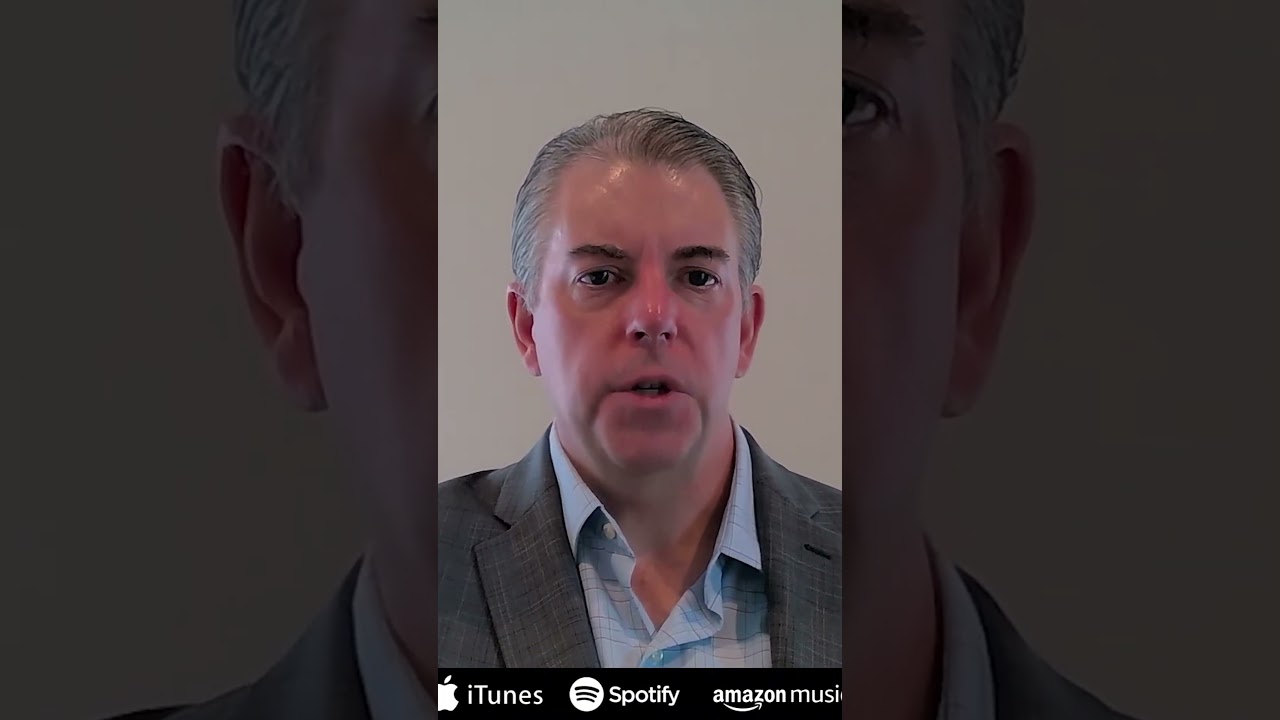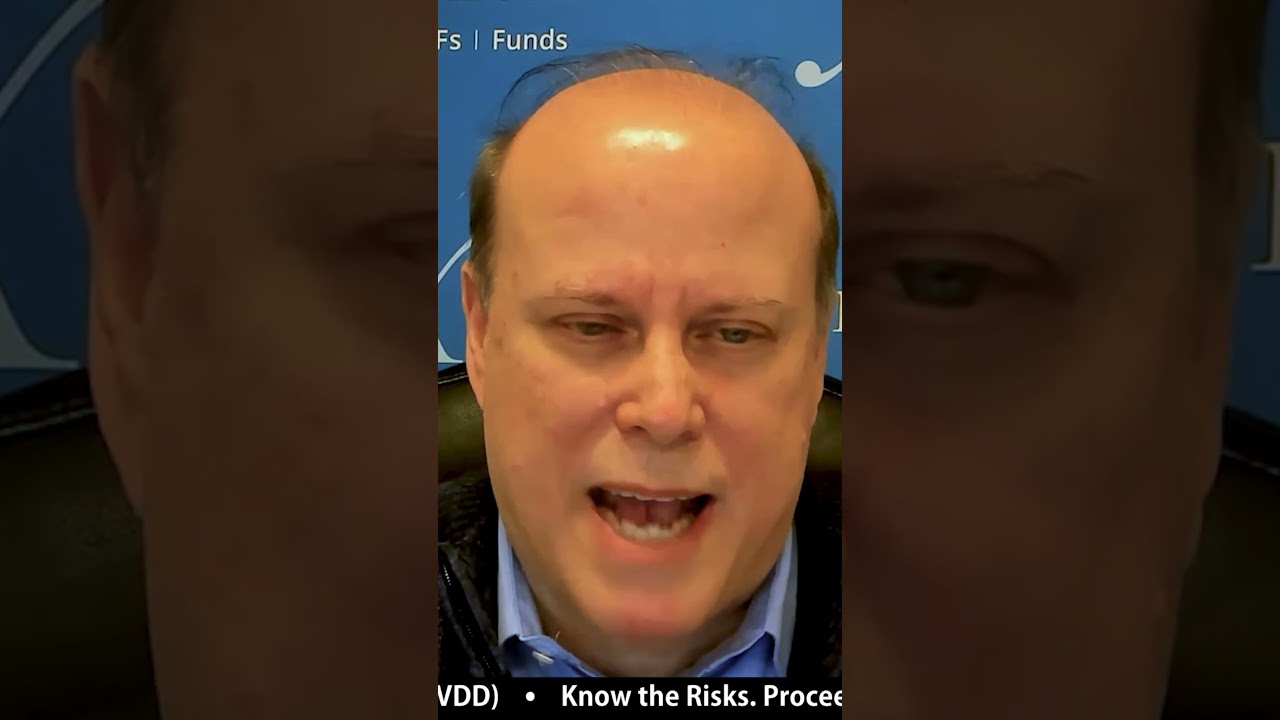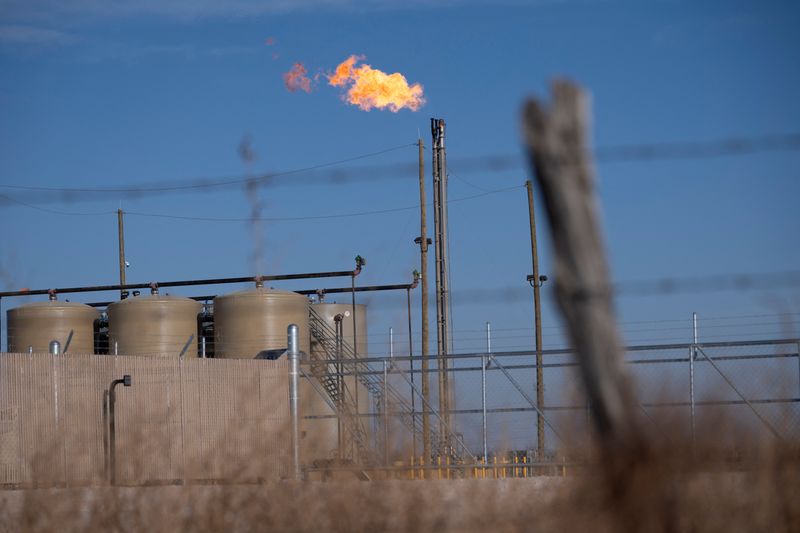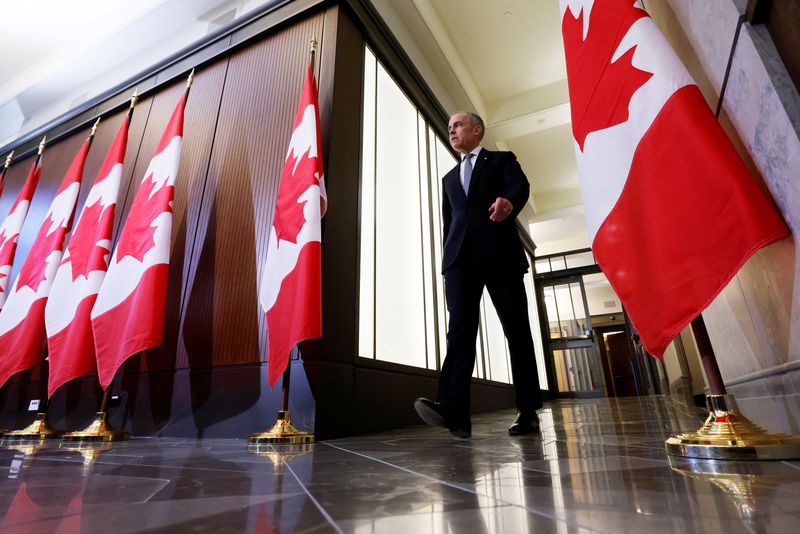People Say Buffett Doesn’t Understand Tech, But He Made 3,400% On Something So Simple
In 2016, Warren Buffett made perhaps his most profitable investment of all time. His Berkshire Hathaway (NYSE:BRK-B) invested an initial $1 billion in iPhone maker Apple (NASDAQ:AAPL), later adding $39 billion to his hoard of AAPL stock. This investment has ballooned over the course of nearly a decade, as investors have certainly noticed. And with more than […] The post People Say Buffett Doesn’t Understand Tech, But He Made 3,400% On Something So Simple appeared first on 24/7 Wall St..

In 2016, Warren Buffett made perhaps his most profitable investment of all time. His Berkshire Hathaway (NYSE:BRK-B) invested an initial $1 billion in iPhone maker Apple (NASDAQ:AAPL), later adding $39 billion to his hoard of AAPL stock.
This investment has ballooned over the course of nearly a decade, as investors have certainly noticed. And with more than half of Berkshire’s portfolio consisting entirely of Apple stock, many had viewed the investing conglomerate as an indirect play on the smartphone maker, and a more diversified way in some respects to play the overall market.
Of course, that position has shifted, and Buffett has offloaded more than half his stake in the world’s largest company. This move, and continued selling in some of the Oracle of Omaha’s other core positions, has signaled to many in the market that Buffett is more bearish on stocks than he has been in some time.
Let’s dive into his amazing initial investment, and the timing behind his recent stock sales (and whether this is the right move for other investors).
[keywords]
Warren Buffett’s Amazing Apple Investment
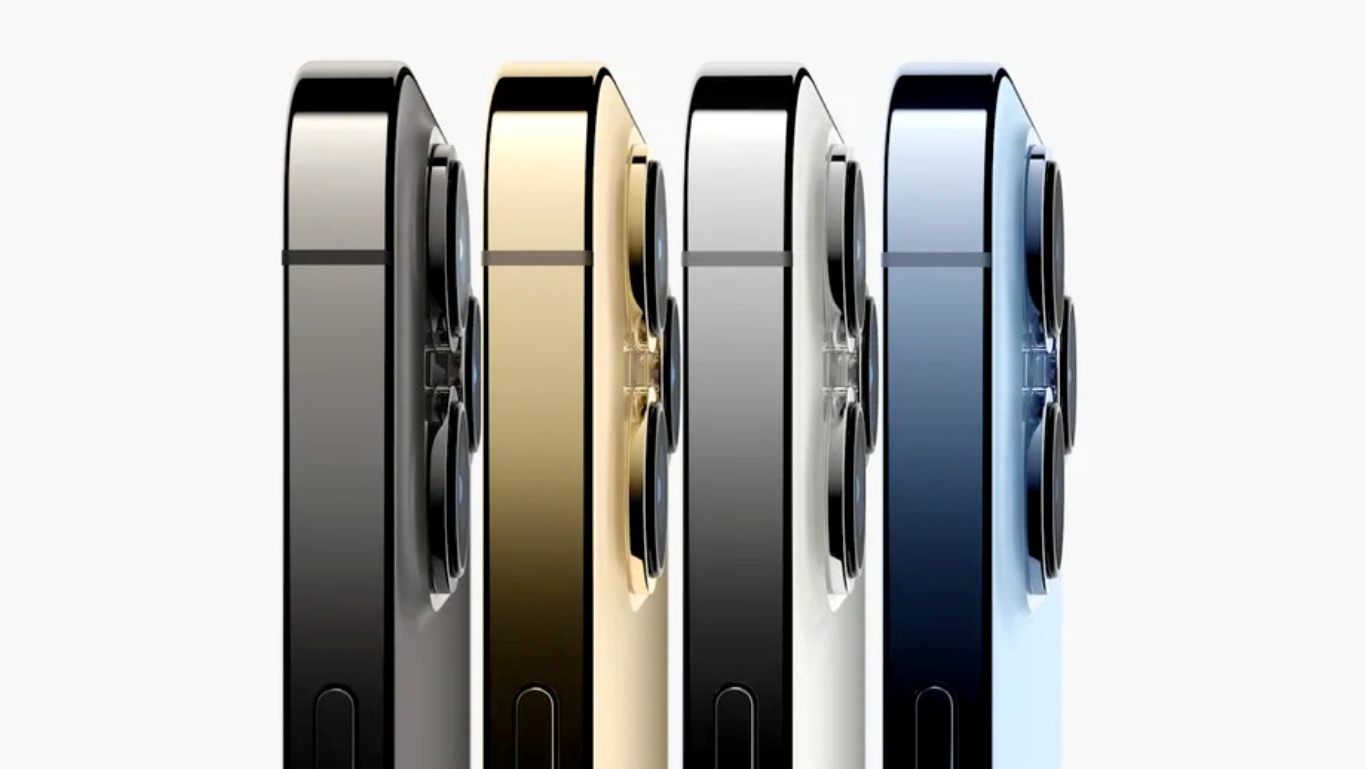
Warren Buffett’s investment in Apple has been one of Berkshire Hathaway’s most successful moves, spanning nearly a decade. Buffett began buying Apple shares in early 2016, gradually increasing Berkshire’s stake to more than $40 billion in the world’s largest company. With Apple retaining a top portfolio position (at least in terms of the company’s publicly-held stocks) for Berkshire, this company’s allure as a bastion of stability has been validated by this core holding.
That said, in late 2023, Buffett started reducing his position, selling off a significant chunk of his holdings. And while Berkshire remains the company’s top shareholder via a number of metrics, this move is one which many long-term investors are applauding. In essence, Buffett was able to pull out far more than his initial investment in the stock, and whatever is left of his Apple holdings are still worth more than what he put in nearly a decade ago. That’s a winning trade, by any metric.
In building up a cash hoard to $334 billion, Buffett is clearly bracing for some increased volatility ahead. His view, that his money is better allocated to short-term Treasuries than in growth stocks like Apple, isn’t unusual – other hedge fund managers are doing the same thing right now. But this sort of long-term investing mindset in which Buffett held on as long as he could before market fundamentals changed before taking profits is something many long-term investors may be able to learn from.
The Key Takeaway

Warren Buffett has long espoused the idea that he would only invest in companies he viewed as within his “circle of competence.” Such companies, typically low-tech names, operated businesses that were relatively simple and easy to understand. By their nature, most technology companies require significant expertise Warren Buffett doesn’t seem to have wanted to garner over time. His view that investing should be simple is refreshing and a core tenet of many who follow his preaching.
That said, it’s also a testament to a company like Apple that Warren Buffett felt like he could understand the company’s operations. Like many of his other holdings with world-class brands and devoted customers (Coca-Cola is top of mind), Apple has created a robust product ecosystem to keep its customers engaged and on its platforms. The hardware and software combination behind the scenes allowed this consumer discretionary stock to post higher margins (and cash flows) than its competitors, making its business more predictable than many in this space.
I don’t think much has changed on this front, but I do think that Buffett’s decision to sell is more a function of where market multiples are right now and how comfortable he is remaining invested in this environment. As he’s said in the past, being fearful when others are greedy and greedy when others are fearful is a core investing principle he lives by. In this market which is still near peak greed (by many metrics), selling into this demand may be the best move in hindsight.
The post People Say Buffett Doesn’t Understand Tech, But He Made 3,400% On Something So Simple appeared first on 24/7 Wall St..




